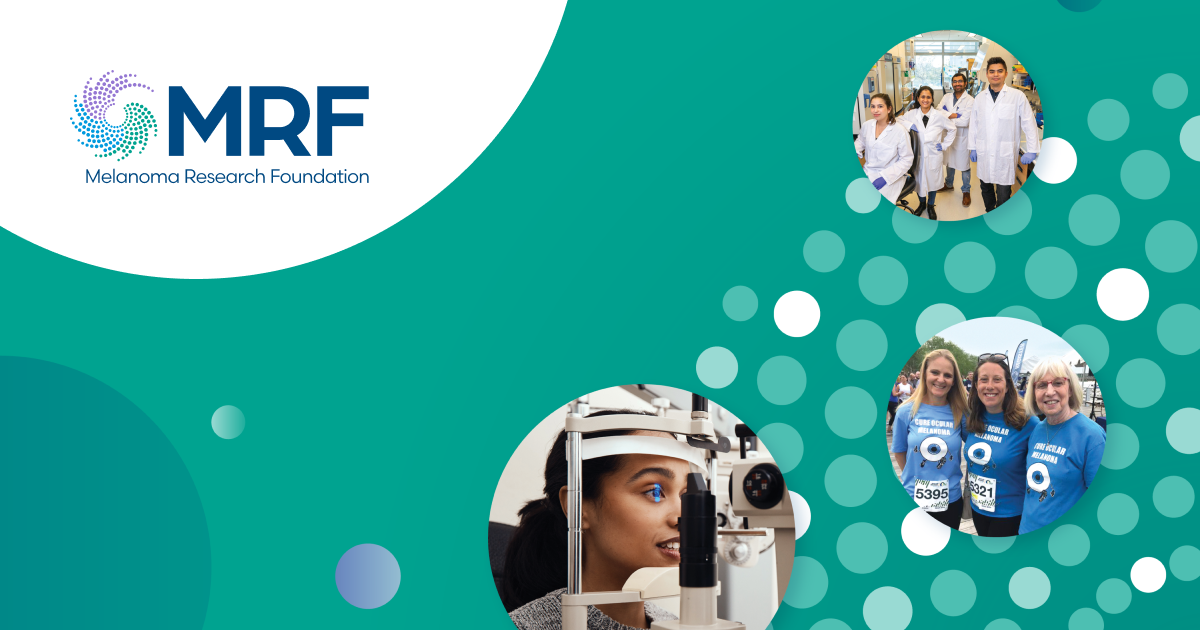Future Medical Student’s Mission to Educate Everyone on Skin Cancer

In honor of Black History Month, Ashley Nelson, a medical assistant in dermatology and future medical student, shares what she has learned about dermatology working in her field and how it’s important for people of color to learn the facts about melanoma.
 One of the reasons I fell in love with dermatology was the level of specialty. Dermatologists are trained to treat and diagnose over 3,000 skin conditions. This means it takes a very trained eye to isolate specific skin conditions such as skin cancers. While some skin cancers are fairly easy to treat, others, like melanoma, can require extensive surgery.
One of the reasons I fell in love with dermatology was the level of specialty. Dermatologists are trained to treat and diagnose over 3,000 skin conditions. This means it takes a very trained eye to isolate specific skin conditions such as skin cancers. While some skin cancers are fairly easy to treat, others, like melanoma, can require extensive surgery.
My name is Ashley and I am a medical assistant in a dermatology practice where I have worked for the past six months. I am also an aspiring dermatologist and I have been dreaming of a career in this field since I was eight years old. In my time at this office, I have learned so much about dermatology and one thing that has stuck with me is that body exams have the power to save.
Most people come in annually for a skin check. During this procedure, the doctor will examine the patient from head to toe and identify any new spots on the skin. While most lesions tend to be benign (not life threatening), on occasion the doctor may see something of concern that needs further attention. If a spot is abnormal, the doctor may decide to send a small sample into a pathology lab for the most accurate identification, also known as a biopsy.
In some cases, patients will come in and identify something new or changing on their skin, but it is common for patients to only learn of a new spot because the trained eye of the dermatologist picked it up.
Something that I learned in college while shadowing the dermatologist I now work for is skin cancer can affect all skin tones, not just fair complexions. Even when I shared this information with my own family who has dark skin tones and a history of sun exposure without sunscreen, many found it hard to believe. I can only imagine how many people with similar complexions to mine feel the same way.
As I prepare for medical school and pursue dermatology, I want my career to have a strong impact on patients of color. Many times, individuals from marginalized backgrounds tend to be less informed medically and do not receive the most comprehensive care. I hope to encourage people to guard their skin the same way they would guard their internal organs. Regular checks from an expert and protection from the sun are two small things that can make a huge difference.
Hope changes everything, and that hope continues because of your support. In honor of the progress of our past and the promise of our future, please consider a tax-deductible gift today:
[button link=”https://donate.melaresearcstg.wpengine.com/site/Donation2;jsessionid=00000000.app20032b?idb=1781566614&df_id=3022&mfc_pref=T&3022.donation=form1&NONCE_TOKEN=979F459612EB4371B793020BE48FDEB4″ color=”green” newwindow=”yes”] Donate[/button]



